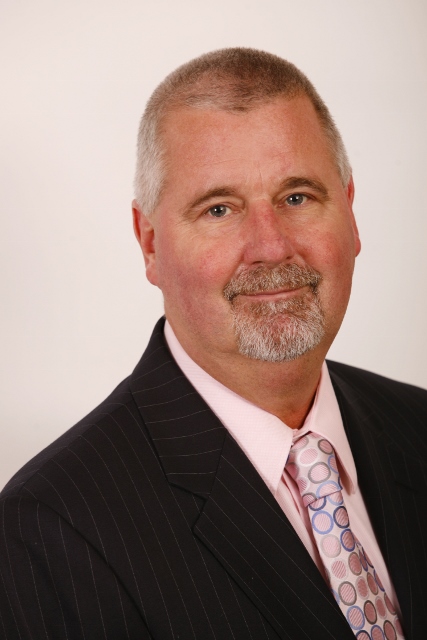To recommend a CIO to be featured in this series, please contact Helen Gregg (hgregg@beckershealthcare.com).
An interview with Chuck Podesta, senior vice president and CIO of Fletcher Allen Health Care in Burlington, Vt. (Interview has been edited for length and clarity.)
Question: How long have you been CIO of Fletcher Allen? How has your job changed since you began?
Chuck Podesta: I’ve been here since 2008, and at that time we were just starting the implementation of our Epic electronic health record system.
At that time, there was no value-based purchasing, no Medicare Shared Savings Program, no readmission reimbursement deductions, basically no Obamacare. Meaningful use didn’t exist, so our one major project was the EHR implementation.
We were also a single hospital/academic medical center in Burlington. Now we’re a four-hospital system with one hospital affiliation in Vermont [Central Vermont Medical Center in Berlin] and two hospitals in northern New York [Champlain Valley Physicians Hospital in Plattsburgh and Elizabethtown (N.Y.) Community Hospital]. We’re also partners with Dartmouth-Hitchcock [Medical Center in Lebanon, N.H.] on a large statewide accountable care organization called OneCare that’s part of the MSSP and partners with our affiliate at Champlain Valley Physicians Hospital on another shared savings endeavor in northern New York called Adirondack Health. OneCare will soon add commercial insurance and Medicaid enrollees.
Basically, we’ve gone from a single hospital to a system participating in two ACOs, and with the [Patient Protection and] Affordable Care Act passing, it’s been a perfect storm.
Q: In your time with Fletcher Allen, what has been your biggest accomplishment?
CP: I think it would have to be the EHR implementation. It was an $88 million project, and we brought it together on time and under budget, which you don’t see too often these days, unfortunately. [Laughs]
It was successful, and it was a team effort. People typically point to the CIO as the head of projects like these, but it was a team effort. The senior leadership and the physician leadership were great, and there was literally a cast of thousands involved in the implementation. It went reallywell for the organization.
Q: What do you see as your biggest misstep or mistake?
CP: I’ve done a couple of reorganizations since 2008. A few years back I hired a couple of management positions that were definitely a mistake. The candidates interviewed well, but it wasn’t a good fit with either so I had to reorganize quickly. We rectified the situation, but it did set me back in putting together a leadership team, which forced me to do more nitty-gritty, detail work than what I should have been doing. That was my penance, I guess. [Laughs] But now I have a great team.
Q: In the past month or so, what project has taken up the majority of your time?
CP: Meaningful use. Because on April 1 we started the 90 days on the meaningful use stage 2 timeline, the last month has been focused on making sure all the criteria were green before we started that 90-day [attestation period]. There were a lot of meetings and a lot of focus on that to get us going. It’s going really well now.
Q: What is the biggest challenge you’re facing right now?
CP: With a system that’s fairly new, these hospitals have joined in the past few years, we’re moving very quickly with clinical integration. Radiology, cardiology, lab services are starting to come together under the clinical integration strategy, and it’s been difficult to keep up with that. You have to expand some of the [IT] systems into other hospitals to facilitate it, and since they’re on a rapid path to integration, some of these projects take longer than the clinical integration is taking. We’re really under the gun to get things done. It’s the biggest challenge now and will be for the next year or so.
Q: What is one lesson you’ve learned during your career that you’d like to share with other CIOs?
CP: There are several. The first is transparency in all things. You also have to always remember it’s about the patient. As long as you have that as your foundation you’ll be successful.
Also really important: Don’t start major projects unless you’re comfortable with the timeline, scope and resources available. So many projects move forward on a wish and a prayer due to political pressure or some other pressures. If you let that happen, it will be a disservice to both the organization and your career. It’s better to stand on principle at the beginning rather than fall on your sword at the end.
And be nice. I’ve always found that works quite well.
More Articles in the “Life of a Healthcare CIO” Series:
The Life of a Healthcare CIO: Barnabas Health’s Dr. Luis Taveras
The Life of a Healthcare CIO: Intermountain’s Marc Probst
The Life of a Healthcare CIO: Mass General’s Keith Jennings
